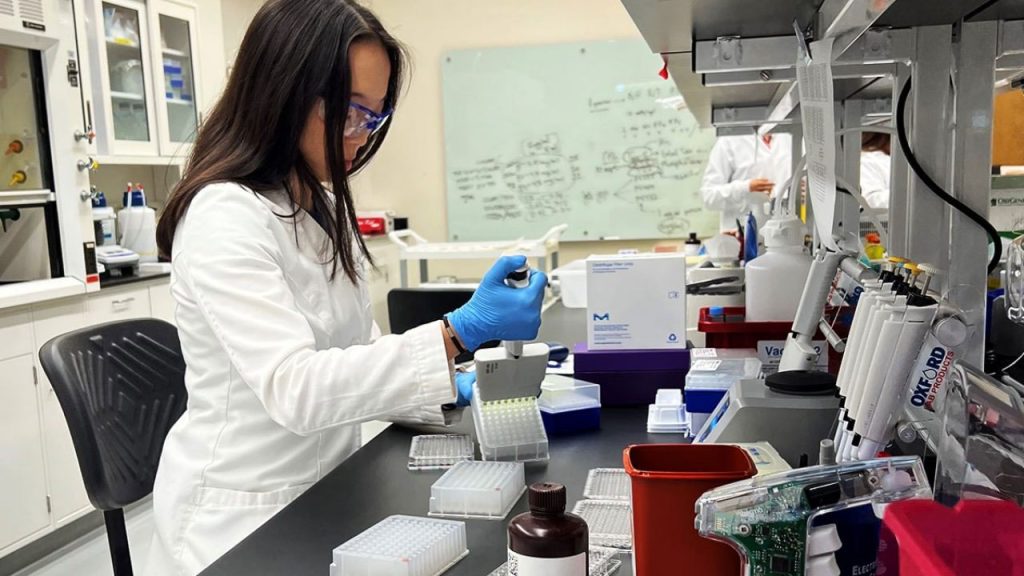When it comes to diseases associated with aging, few have the devastating impact of Alzheimer’s. Not only can it steal a person’s memory and personality while its repercussions are felt by every loved one, but it’s also becoming more and more common, with no cure in sight. Could a new vaccine that tackles inflamed cells in the brain take us a step closer to stopping this horrendous condition? (https://longevity.technology/news/protein-targeting-vaccine-signposts-alzheimers-breakthrough/).
Senescent cells are aged and damaged. They no longer function properly and may release toxic chemicals into the brain and body. Now, there’s a protein called senescence-associated glycoprotein (SAGP) that can be targeted by these senescent cells. These, in turn, are targeted by the vaccine, causing aged-related conditions from frailty and atherosclerosis to diabetes to reduce in frequency.
SAGP and senescent cells can also be found in people with Alzheimer’s disease. The researchers, based at Juntendo University Graduate School of Medicine in Tokyo, simulated Alzheimer’s pathology in mice. Some of the mice were given the SAGP vaccine, while others got a control vaccine. Mice with the SAGP vaccine showed more anxiety than the control group. This might not sound significant, but in late-stage Alzheimer’s, agitation can turn to apathy and lack of awareness of the surrounding world. Control group mice displayed these traits, but if SAGP mice were more anxious, it suggests the disease may have regressed slightly.
We know a lot more about Alzheimer’s than we did even a few years ago, but our understanding of its causes and mechanisms is still very limited. What we have discovered is that one of its main features is clumps of the amyloid beta protein, known as amyloid plaques, collecting in the brain to interfere with its normal functioning.
It’s also possible that vascular issues can contribute to the development of Alzheimer’s. If the blood-brain barrier is not functioning properly, it won’t be able to protect you from damaging amyloid and tau proteins, and it may not allow necessary substances like glucose to reach the brain. The buildup of proteins then causes inflammation, a major underlying feature of Alzheimer’s and many other diseases. Other promising signs from the vaccine included a reduction in amyloid plaques and fewer inflammatory markers.
With more research and trials, this may represent a huge breakthrough in finding a way to repair damage caused by Alzheimer’s.




